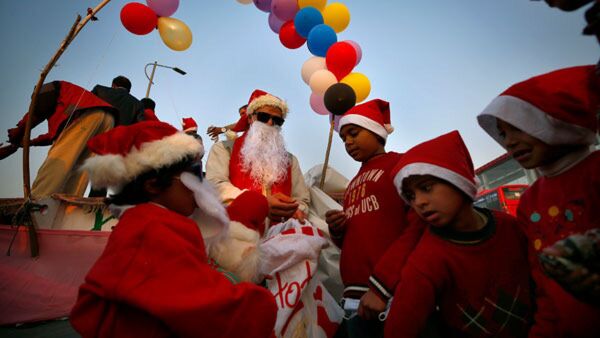why is boxing day called boxing day ?
Boxing Day, celebrated on December 26th, is a beloved tradition in many Commonwealth countries, particularly Great Britain, Canada, Australia, and New Zealand. But with a name seemingly unrelated to the holiday’s festivities, the question remains: why is Boxing Day called Boxing Day? While the exact origin remains shrouded in history, several compelling theories offer interesting explanations.
The Charitable Chest:
One popular notion links the name to alms boxes traditionally placed in churches during Christmas. These boxes collected donations for the poor, and according to the theory, they were opened and their contents distributed on Boxing Day, hence the “boxing” reference.
Gifts from the Gentry:
Another theory revolves around the practice of wealthy families gifting boxes filled with leftovers, treats, and even money to their servants and tradespeople on Boxing Day. These individuals often worked on Christmas Day itself, and Boxing Day served as a day of appreciation and well-deserved reward.

A Nautical Tradition:
A less prominent theory connects the name to a nautical custom. Sailors who received Christmas gifts at sea traditionally wouldn’t open them until returning to port, often on December 26th. These “boxes” of unopened gifts might have contributed to the holiday’s name.
St. Stephen’s Day Connection:
Interestingly, Boxing Day coincides with the feast day of St. Stephen, the first Christian martyr. In ancient Rome, almsgiving was associated with this feast, potentially linking the charitable aspect of Boxing Day to its name.
The Unsolved Puzzle:
Despite these intriguing theories, the definitive origin of the name “Boxing Day” remains unsettled. Each explanation holds historical merit, and their unique perspectives enrich our understanding of the holiday’s evolution.
Beyond the Name: Regardless of its origin, Boxing Day has transcended its initial meaning. Today, it’s a day for various activities, including:
- Shopping: Post-Christmas sales offer incredible deals, making Boxing Day a prime shopping day.
- Sports: Cricket matches, horse races, and other sporting events are often held, attracting enthusiastic crowds.
- Family Gatherings: Extended families often come together again, enjoying shared meals and festivities.
- Charity: The spirit of giving continues, with many engaging in charitable activities and donations.
Whether you subscribe to the alms box theory, the gift-giving explanation, or another interpretation, understanding the potential origins of Boxing Day adds a layer of historical intrigue to this cherished holiday. So, the next time you celebrate December 26th, remember the diverse possibilities the name evokes, and appreciate the traditions that make Boxing Day a truly special occasion.